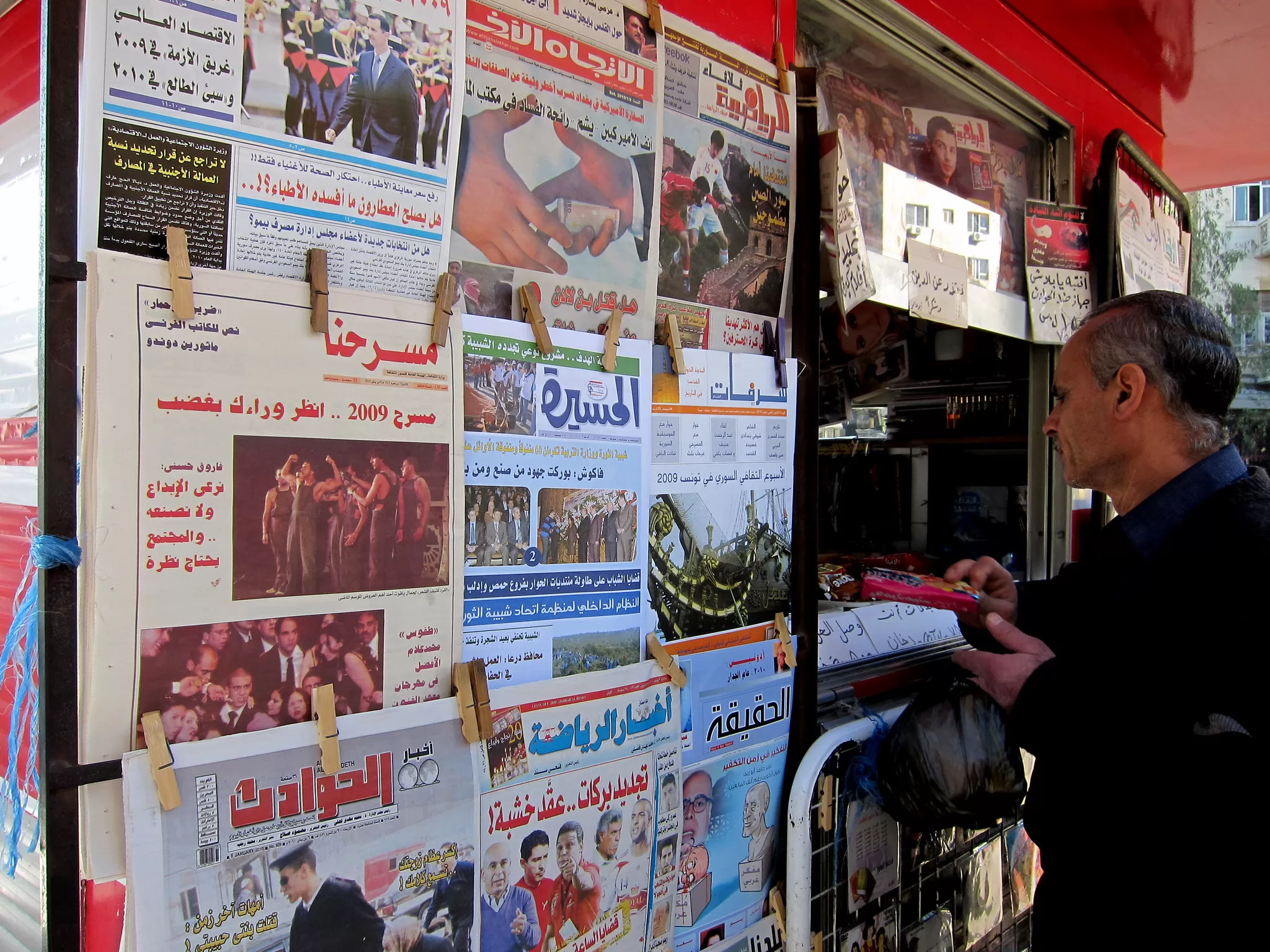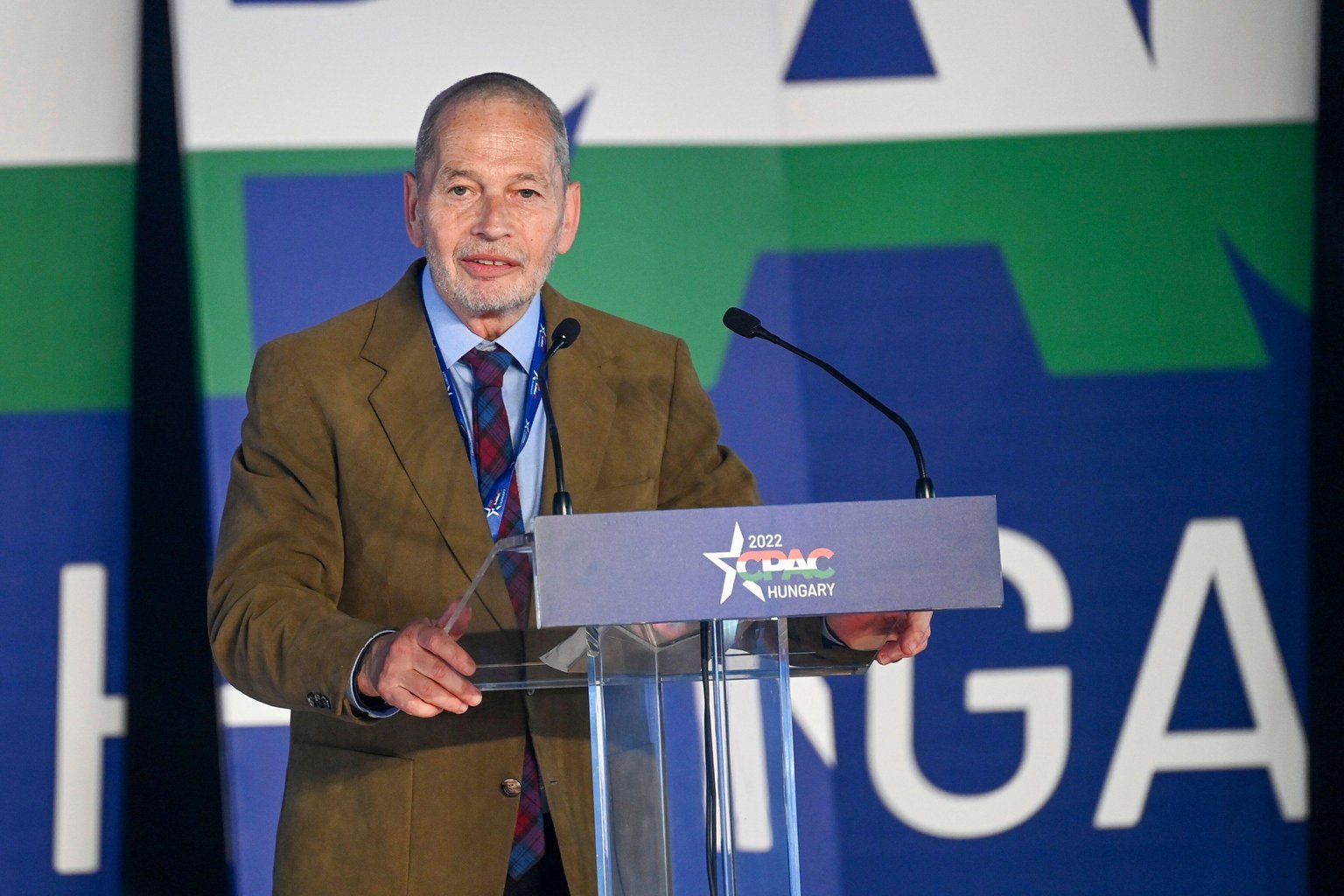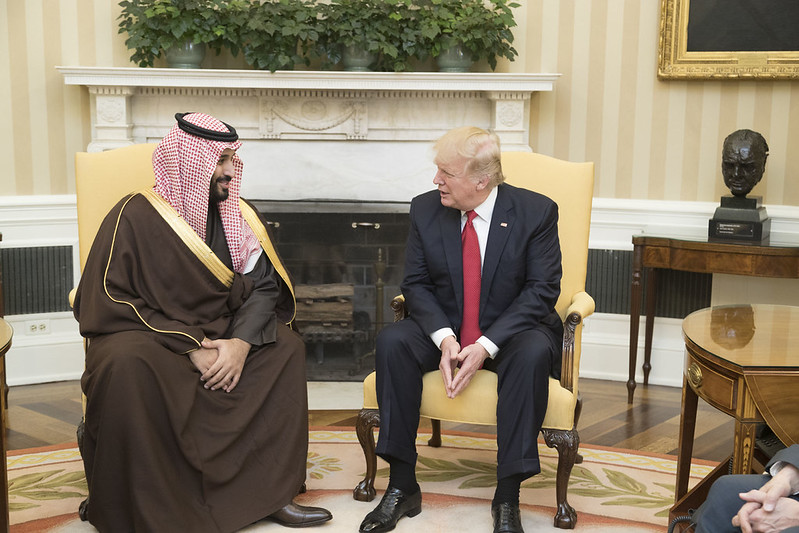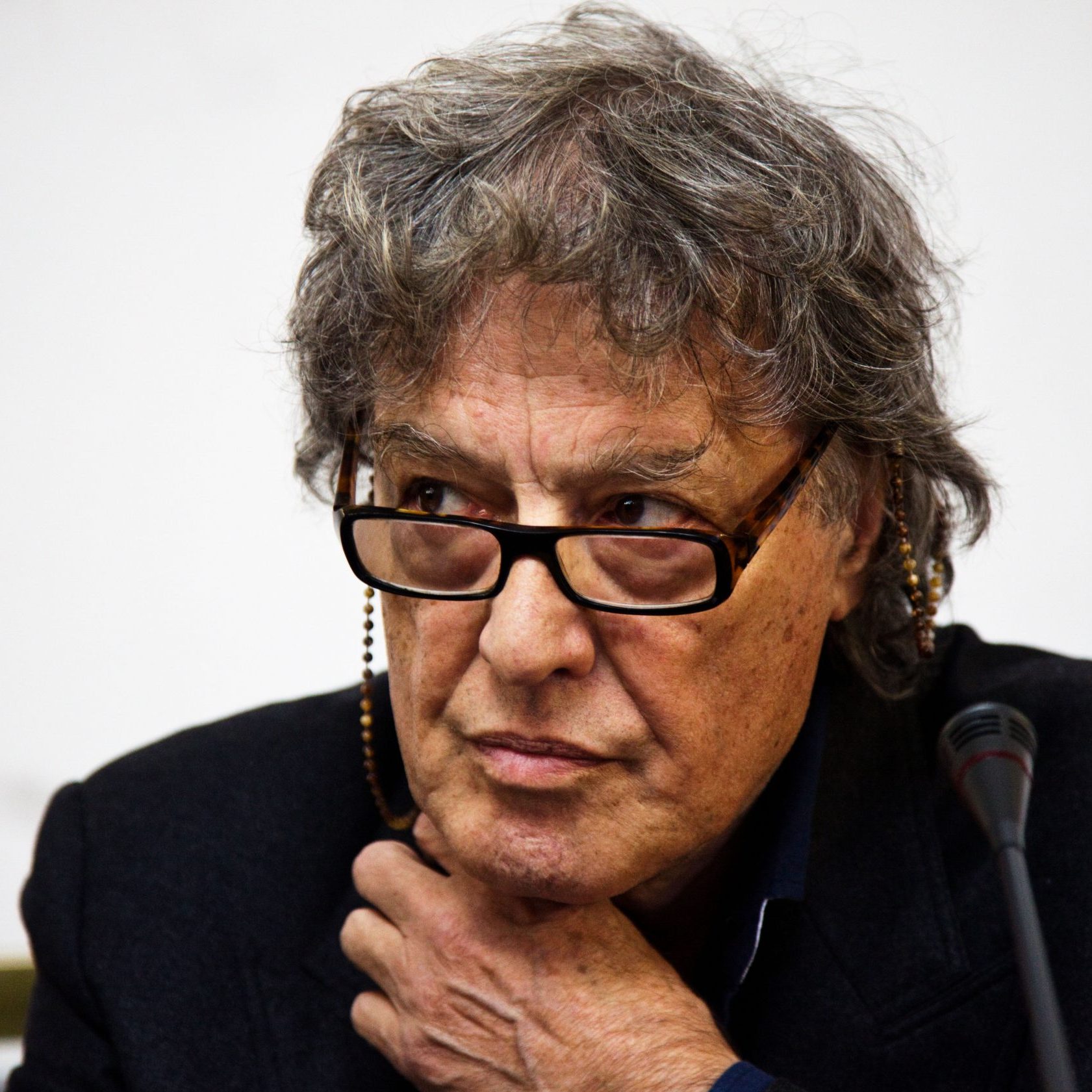Media freedom has been slowly dying in Syria since the Arab Spring, suffocated by a lack of regular funding and poor governance.
The rise of the Arab Socialist Ba’ath Party and Hafez al-Assad’s coup in 1970 led to state dominance over all its institutions, resulting in a media monopoly that supports the regime. State television and several official daily newspapers have controlled the media landscape for over 41 years.
A rare exception was the launch of the online news service Kulluna Shuraka (We Are All Partners) as a volunteer project in 2003. In 2006, the service expanded thanks to donations from Syrian figures, businessmen, and some grants.
The outbreak of popular protests in Syria in March 2011 resulted in a rare improvement in the country’s media landscape with a rash of alternative local newspapers such as Ain Al-Madina, Tamaddun, Kulluna Suriyun, Zaytun, Souriatna and Enab Baladi emerging, primarily funded by donations and financial support from international organisations.
The emergence of a range of non-state-controlled media and journalism sources allowed Syrians for the first time in decades to access news that the Assad regime sought to obscure and prevent from being broadcast.
That media freedom has been short-lived.
Over the past eight years, the Syrian media landscape has seen the closure of most of these independent media outlets due to a lack of funding – of those outlets listed above, only Enab Baladi continues to publish regularly, supported by many individual donations.
Kulluna Shuraka’s financial situation began to worsen in 2016, forcing the website to become volunteer-run again. The site ultimately closed in 2018, although its social media channels continue to be run by volunteers.
Ayman Abdel Nour, the former director of the Kulluna Shuraka website, points out that external funding entities in Europe, the USA and Canada usually provide support under explicit contracts, meaning that funding can often be withdrawn at short notice. In a conversation with the Monitoring Fund, Abdel Nour explained that some funders give just a month’s notice of funding ceasing and even just 24 hours in some cases. This has left many Syrian media outlets in difficult circumstances, with journalists suddenly finding themselves out of work despite ongoing financial commitments.
The newspaper Kulluna Suriyun which translates as We Are All Syrians faced a similar shortfall in funding. It was initially launched through individual donations and support from a fundraising entity of the same name. The funding stopped when this entity demanded that the newspaper act as its official spokesperson, according to journalist Hussein Bru, who managed it for several years. Later, Kulluna Suriyun received funding from a Danish organisation to cover printing costs and some expenses; this support was limited and focused on printing and salaries for some journalists in Turkey and Syria.
Bru noted that work continued for a long time with several colleagues working without payment. The highest fee he ever received was 450 euros. The newspaper ceased publication in 2018 due to a lack of financial support after it transitioned from a bi-monthly publication to a monthly magazine, a reality that many Syrian media outlets experienced as they faced similar challenges.
Syrian journalist and activist Alaa Muhammad says the drying-up of funding forces institutions to reduce their staff dramatically which results in a large number of journalists being made redundant at one time, affecting organisations’ ability to produce high-quality journalistic reports with accurate information, even if operations continue and they do not close their doors.
Muhammad believes this is a source of anxiety for many, as they live in a state of financial instability and constant worry about the future, which impacts their performance and their capacity for innovation and development. “This loss of funding might push institutions to seek alternative funding sources, which could be tied to specific agendas, making them operate according to these agendas instead of leveraging their independence,” she says.
This also has a psychological impact, she continues, as journalists face immense pressure to fulfil their duties amid resource shortages and job instability, negatively affecting their mental health.
Many workers at the closed media outlets received no financial compensation when they were made redundant and were subject to arbitrary dismissal. Several confirmed to Index that there are outstanding salaries that remain unpaid.
Journalist Khaled Abdel Rahman, who worked for a respected Syrian media institution, recounted that upon the closure of the institution, he was denied payment exceeding $1600. Abdel Rahman says many of his colleagues share the same plight.
Media activist Anas previously worked for Al-Jisr TV, which broadcast from Turkey for many years. When the channel was closed, the team was informed in advance and compensated for their years of service, but this is a rare occurrence in the Syrian media landscape.
Syrian journalist Rodi Hassou has also seen a noticeable decline in the number and quality of independent media projects and is worried about the loss of these critical voices.
Hassou believes that these media outlets represented fundamental pillars of the Syrian revolution and channels of communication between the international community and Syrians.
“The cessation of funding was not merely a financial loss; it was also a loss of the voices that reflect the realities and analyses of the revolution, serving to document history for future generations,” he says.
The closure of Orient TV and the Kulluna Shuraka website signified the loss of important voices that conveyed the suffering of Syrians. He says, “These outlets witnessed and participated in narrating the story of the Syrian people’s struggle against oppression, courageously covering the events of the revolution from the very beginning. ”
Hassou considers the loss of these outlets as a turning point in the Syrian media landscape, where the voice of the Syrian people has become increasingly faint.






